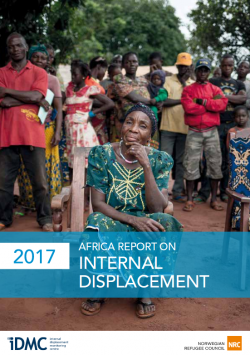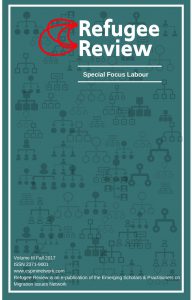MPI | 12.2017
The migration world in 2017 was marked by large-scale displacement in Southeast Asia and Africa, rightward political shifts in the United States and parts of Europe, and varied approaches to migration management across the world. MPI experts highlight the biggest migration developments of the year in this countdown of the Top 10 Migration Issues of 2017.
- Issue #1: Under Trump Administration, United States Takes Steps to Narrow Legal Immigration
- Issue #2: Surge in Violence Against Myanmar’s Rohingya Spurs World’s Fastest-Growing Refugee Crisis
- Issue #3: European Leaders Pursue Migration Deals with North African Countries, Sparking Concerns about Human Costs
- Issue #4: Trump Administration Makes Down Payment on Campaign Pledges to Address Illegal Immigration
- Issue #5: As Displacement Becomes Long-Term, Refugee Hosts Grapple with New Normal
- Issue #6: In Wake of Cuts to U.S. Refugee Program, Global Resettlement Falls Short
- Issue #7: Increased Focus on Forced Return of Migrants and Asylum Seekers Puts Many in Peril
- Issue #8: Despite Progress on Brexit Negotiations, Fate of Millions of EU and UK Nationals Still Hangs in the Balance
- Issue #9: Nativism Goes Mainstream, Moving the Needle on Migration Policy
- Issue #10: In Latin America, Spike in Migrant Arrivals Prompts Flurry of Reponses


